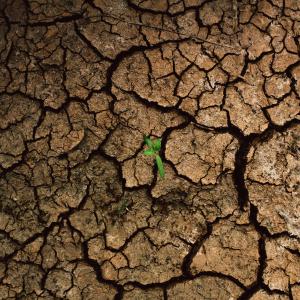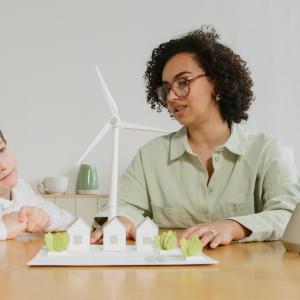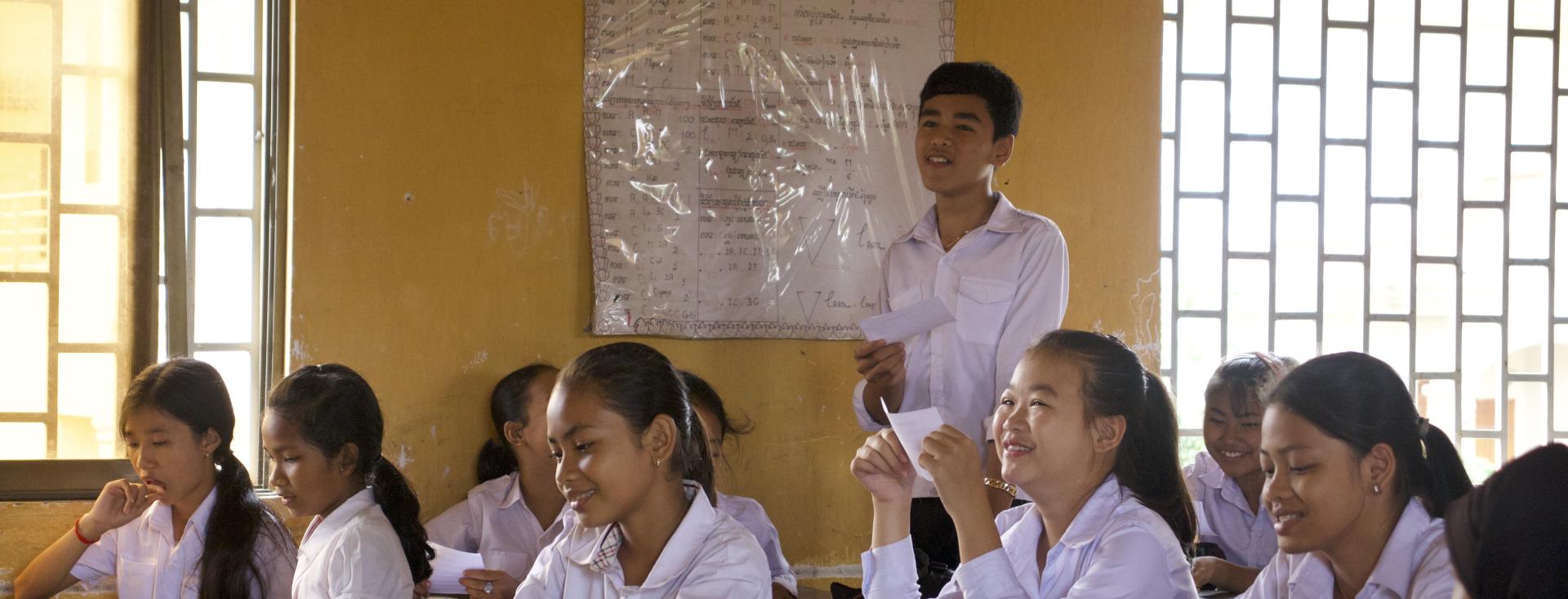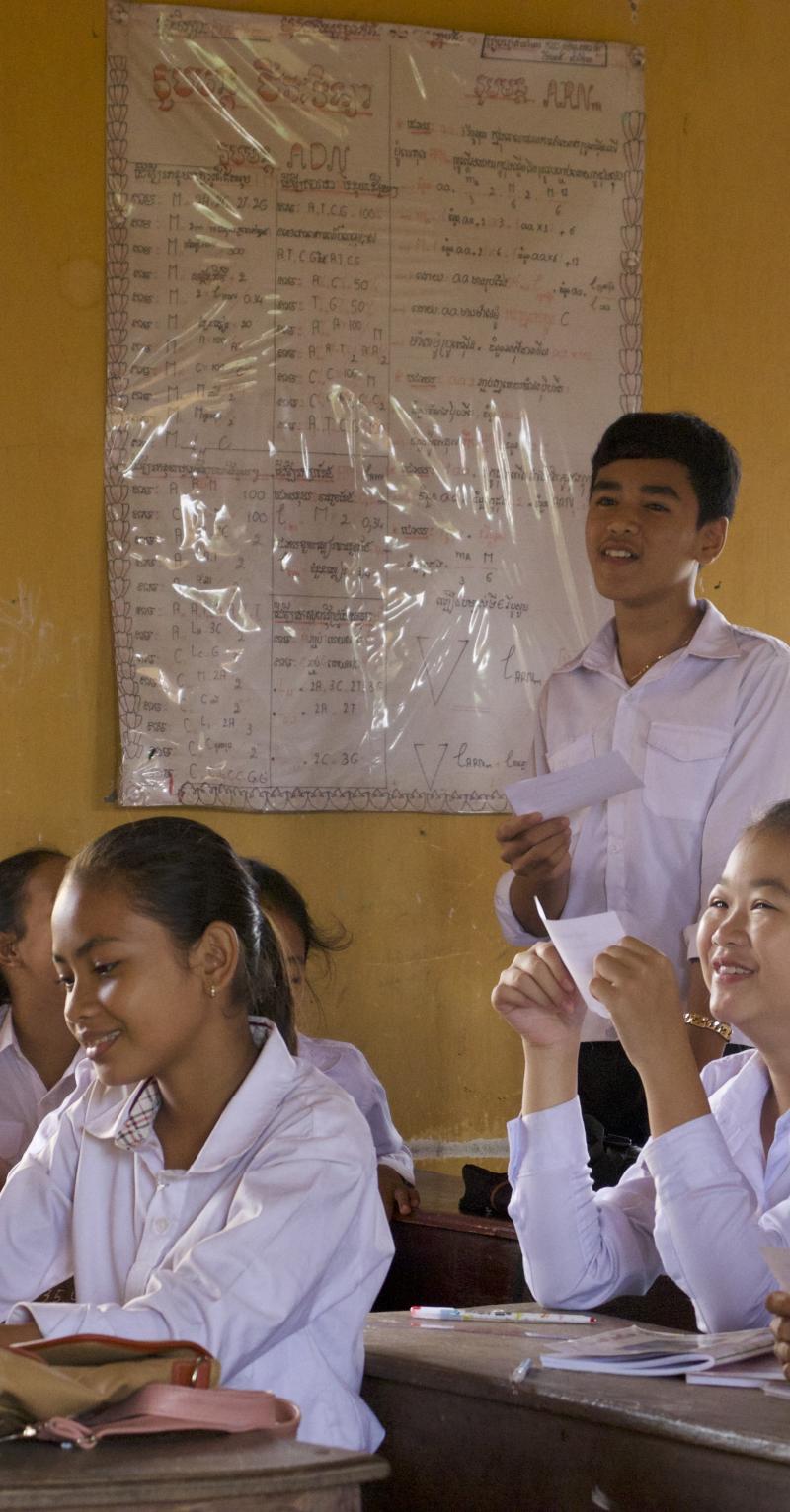
Climate Education
Climate Change Solutions Education Resources by Cool
Cool (formerly Cool Australia) was founded by Jason Kimberley with the goal to turn a passion for equitable, real-world education into tangible global impact. Cool has created a range of resources to contextualise the Intergovernmental Panel on Clima...

Climate Education
Eco-Schools England on Pinterest
Eco-Schools England features on its Pinterest page fun activities, games, and lessons for topics across biodiversity, waste, transport, global citizenship, healthy living, water, and energy. Note: Pinterest registration required to access resources.
Education in Emergencies
Flüchtlingsrechte
Kurzes Animationsvideo von UNHCR über die Rechte von Flüchtlingen und die internationalen Gesetze, die sie schützen. Dies kann nützlich bei der Vorbereitung auf den Unterricht und auch ein starkes visuelles Hilfsmittel sein, das die Schüler im Unterr...
Education in Emergencies
Talking to Children About Emergencies
An article on how to start a conversation with your students about what happens when the unexpected happens. It’s hard to know what to say when talking to students about emergencies. Teachers don’t want to worry their students, but it’s important for...

Climate Education
TACL
Funghi Thinking - Egoitz Etxeandia (Empieza por Educar)
This video from 2022 shows how Empieza por Educar alumnus Egoitz Etxeandia Romero and his students engage in Funghi Thinking, a project which applies the Project Based Learning perspective and his multi-level, multi-subject and multi-challenge based ...
TACL
Learning How To Fail - More Than a Number
In this video from 2013, Taylor Delhagen helps students develop critical thinking, analysis, and problem-solving skills with curiosity and critical questioning and valuing the teachable moments in failure.
Education in Emergencies
Se préparer avec Pedro
Ces ressources de la Croix-Rouge américaine sont conçues pour enseigner aux jeunes enfants et à leurs familles comment rester en sécurité lors de catastrophes et de situations d'urgence grâce à des activités amusantes, comme des jeux d’association, e...

